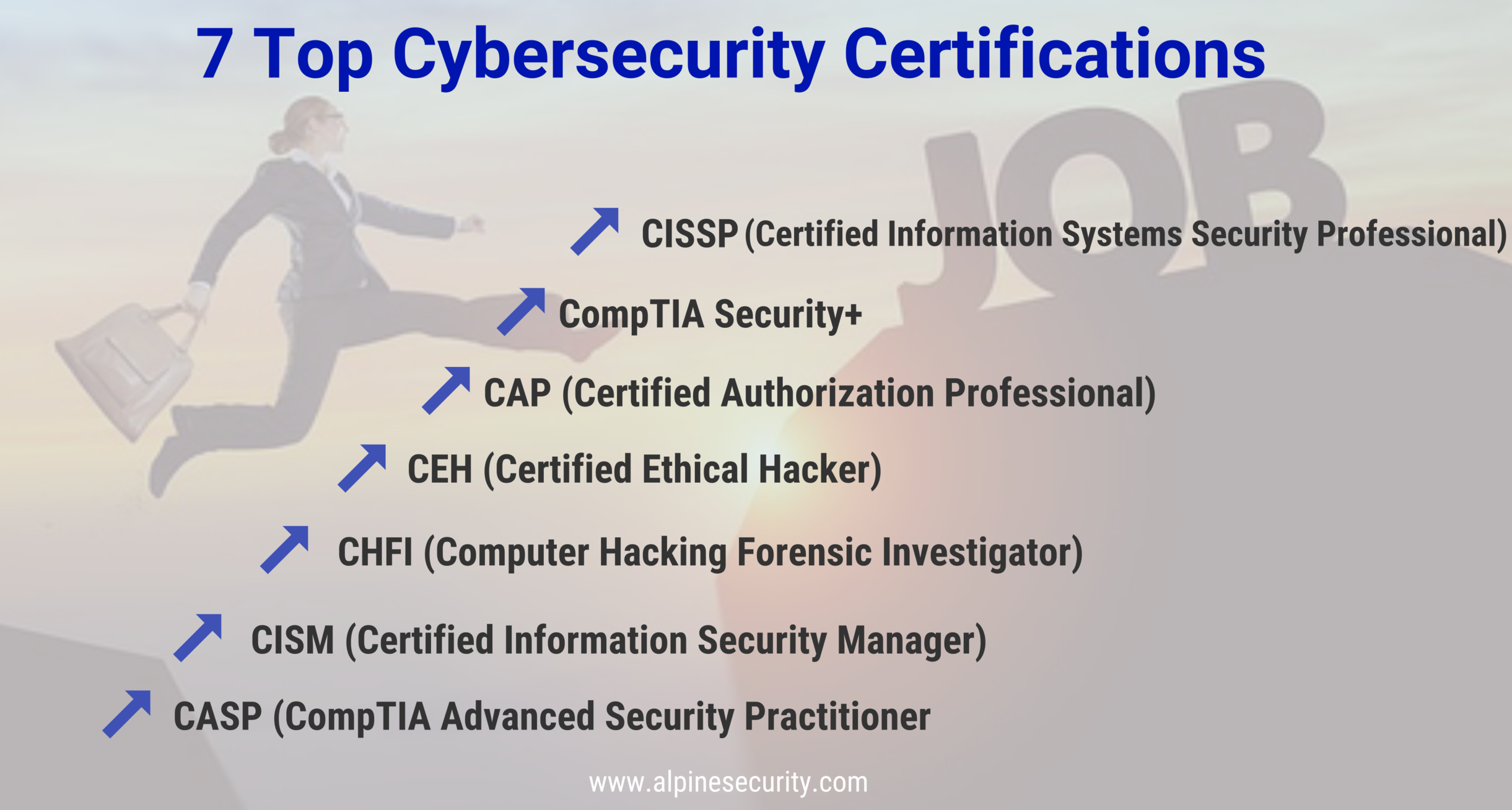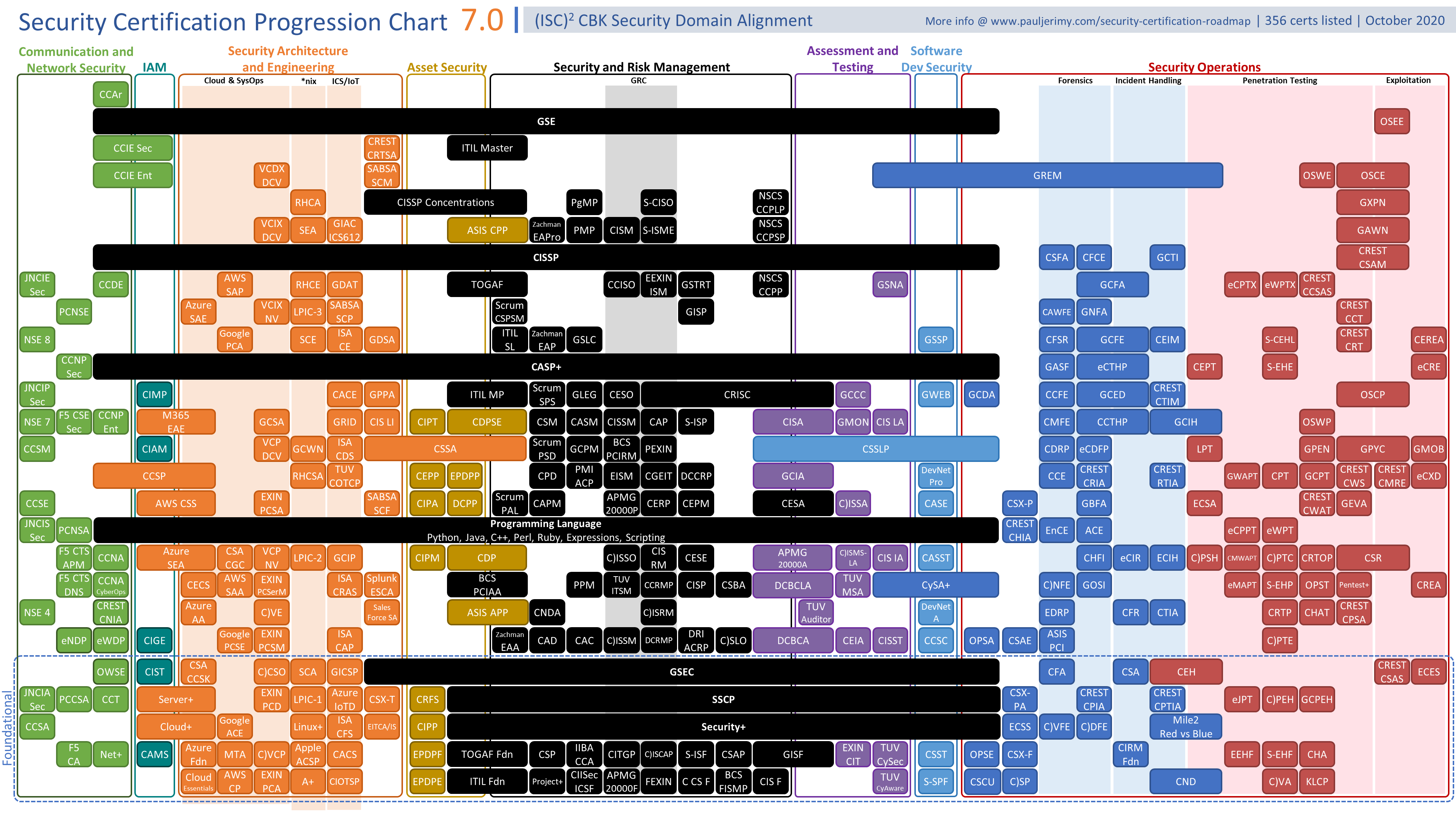Top cybersecurity certifications for data professionals in 2025
Related Articles
- “2025 Guide To Choosing The Best Cybersecurity Insurance”
- “impact Of Quantum Computing On Business Data Encryption”
- “why Your Business Needs Endpoint Detection Tools In 2025”
- “how Blockchain Can Enhance Data Security In Business”
- “impact Of 5G Networks On Business Cybersecurity”
Introduction
Join us as we explore Top cybersecurity certifications for data professionals in 2025, packed with exciting updates
Protecting sensitive information requires a specialized skillset, and obtaining the right cybersecurity certifications can significantly boost a data professional’s career prospects and credibility. 2025 promises an even more demanding landscape, demanding professionals with in-depth knowledge of emerging threats and sophisticated defense mechanisms. This article delves into the top cybersecurity certifications ideal for data professionals in 2025, offering insider tips and tricks to maximize your chances of success.

1. Understanding the Evolving Threat Landscape: Why Certifications Matter
The cybersecurity threat landscape is constantly evolving. Sophisticated attacks, leveraging AI and machine learning, are becoming increasingly common. Data breaches can lead to significant financial losses, reputational damage, and legal repercussions. For data professionals, understanding and mitigating these risks is no longer a "nice-to-have" but a critical necessity. Cybersecurity certifications demonstrate a commitment to staying ahead of these threats, validating your skills and knowledge to potential employers and clients. They also provide a structured learning path, ensuring you possess the necessary expertise to handle complex security challenges. In 2025, certifications will be a key differentiator, separating the competent from the truly exceptional.
2. Top Certifications for Data Professionals in 2025: A Detailed Analysis
Several certifications stand out as particularly relevant for data professionals in 2025. These certifications cover a wide range of security domains, from data loss prevention to cloud security and incident response. Here’s a breakdown of some of the most impactful:
-
Certified Information Systems Security Professional (CISSP): A globally recognized gold standard, the CISSP certification is highly respected and demonstrates a broad understanding of information security principles. While not strictly data-centric, its comprehensive coverage of security domains makes it invaluable for data professionals needing a holistic perspective. Secret Tip: Focus on the domains related to data security, cryptography, and risk management during your preparation. Practice with realistic scenarios and case studies to solidify your understanding.
-
Certified Cloud Security Professional (CCSP): With the increasing reliance on cloud technologies for data storage and processing, the CCSP certification is becoming increasingly crucial. It validates expertise in securing cloud environments, covering topics like cloud security architecture, data security, and identity and access management (IAM). Secret Trick: Gain hands-on experience with major cloud platforms (AWS, Azure, GCP) before attempting the exam. Hands-on experience is crucial for understanding the practical aspects of cloud security.

-
Certified Information Security Manager (CISM): Ideal for data professionals transitioning into management roles, the CISM certification focuses on the governance, risk, and compliance aspects of information security. It emphasizes strategic planning, policy development, and incident management – all critical for protecting sensitive data. Secret Tip: Network with other CISM holders and professionals in the field. Sharing experiences and insights can significantly enhance your preparation and understanding.
-
CompTIA Security+: A foundational certification, CompTIA Security+ provides a solid base in cybersecurity concepts. While not as specialized as other certifications, it’s an excellent starting point for data professionals looking to enter the field or broaden their security knowledge. Secret Trick: Use CompTIA’s official practice exams and study materials. They provide a realistic assessment of your readiness and pinpoint areas needing improvement.
-
GIAC Security Essentials (GSEC): This certification focuses on hands-on security skills and practical knowledge. It’s a more technically oriented certification compared to others, making it suitable for data professionals with a strong technical background. Secret Tip: Practice in a virtual lab environment to simulate real-world scenarios and strengthen your troubleshooting abilities.
3. Beyond the Certifications: Building a Holistic Security Skillset
While certifications are crucial, they are only one piece of the puzzle. Data professionals need a holistic skillset that encompasses practical experience, continuous learning, and a deep understanding of emerging threats. Here are some key areas to focus on:
- Data Loss Prevention (DLP): Implement and manage DLP solutions to prevent sensitive data from leaving the organization’s control.
- Data Encryption: Understand various encryption techniques and their application in securing data at rest and in transit.
- Security Information and Event Management (SIEM): Learn to use SIEM tools to monitor security events, detect threats, and respond to incidents.
- Incident Response: Develop skills in handling security incidents, from initial detection to recovery and post-incident analysis.
- Cloud Security: Gain hands-on experience with securing cloud-based data storage and processing.
- Threat Intelligence: Stay updated on the latest threats and vulnerabilities to proactively protect against attacks.
4. Effective Study Strategies: Maximizing Your Chances of Success
Passing these certifications requires dedicated effort and a structured approach. Here are some effective study strategies:
- Create a Study Plan: Develop a realistic study plan that accounts for your available time and learning style.
- Utilize Official Study Materials: Official study guides, practice exams, and training courses are invaluable resources.
- Join Study Groups: Collaborating with others can enhance understanding and provide support.
- Practice, Practice, Practice: Hands-on practice is crucial for solidifying your knowledge and building confidence.
- Take Regular Breaks: Avoid burnout by incorporating regular breaks into your study schedule.
5. Networking and Building Your Professional Brand
Networking is critical for career advancement in cybersecurity. Attend industry conferences, join professional organizations, and connect with other professionals on LinkedIn. Building a strong professional brand through active participation in the community will significantly enhance your career prospects.
6. The Future of Cybersecurity Certifications for Data Professionals
The cybersecurity landscape is constantly evolving, and so are the certifications. In 2025 and beyond, expect to see an increased emphasis on certifications that cover emerging technologies like AI, blockchain, and IoT security. Staying ahead of the curve by continuously updating your skills and pursuing relevant certifications will be essential for maintaining a competitive edge.
7. Addressing the Skills Gap: How Certifications Help
The cybersecurity industry faces a significant skills gap, with a shortage of qualified professionals. Obtaining relevant certifications can help address this gap by demonstrating your expertise and filling the demand for skilled cybersecurity professionals. This is particularly true for data professionals who can bridge the gap between data management and security.
8. Frequently Asked Questions (FAQs)
-
Q: Which certification should I pursue first? A: It depends on your current skillset and career goals. If you’re starting out, CompTIA Security+ is a good foundation. If you’re already experienced and looking for a more specialized certification, consider CCSP or CISM.
-
Q: How much time should I dedicate to studying? A: The time required varies depending on your background and the certification’s complexity. Plan for several months of dedicated study.
-
Q: Are these certifications expensive? A: Yes, these certifications can be costly. However, many organizations offer financial assistance to employees pursuing professional development.
-
Q: How long are these certifications valid? A: Most certifications require periodic renewal or recertification to maintain validity. Check the specific requirements for each certification.
-
Q: Do these certifications guarantee a job? A: No, certifications don’t guarantee a job, but they significantly increase your chances of getting hired and command higher salaries.
In conclusion, obtaining the right cybersecurity certifications is crucial for data professionals navigating the complex and ever-evolving threat landscape of 2025. By combining strategic certification choices with a holistic approach to skill development and networking, data professionals can significantly enhance their career prospects and contribute to a more secure digital world. Remember to leverage the secret tips and tricks outlined in this article to maximize your success. The future of data security relies on professionals who are not only data-savvy but also security-conscious.
Source URL: [Insert a relevant source URL here, e.g., a cybersecurity news website or a certification provider’s website]
Closure
We hope this article has helped you understand everything about Top cybersecurity certifications for data professionals in 2025. Stay tuned for more updates!
Don’t forget to check back for the latest news and updates on Top cybersecurity certifications for data professionals in 2025!
Feel free to share your experience with Top cybersecurity certifications for data professionals in 2025 in the comment section.
Keep visiting our website for the latest trends and reviews.
